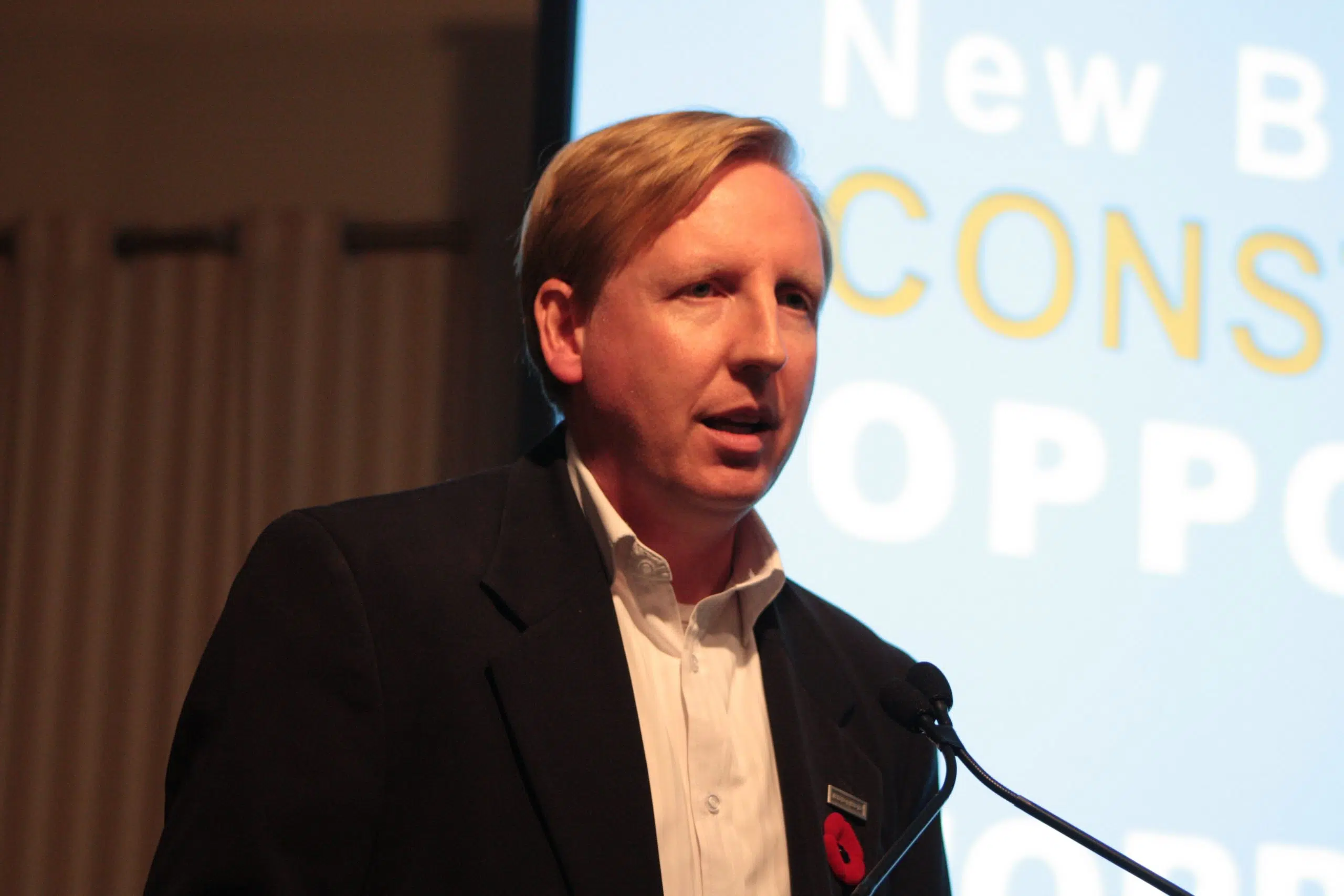
Some schools in the province will get to test out a new French immersion program in the fall.
Education Minister Dominic Cardy says the current program isn’t working as well as it should be, with only half of French immersion students able to carry on a conversation in French after graduation.
“We need as a bilingual province to have a French language training system that’s available for every single student in the province, and gives them a good shot at becoming bilingual, and at the very least, being able to have a conversation with folks from the province’s other official language community,” he said.
“Figuring out ways that we can learn about each other on a more face to face way has got to be a part of the education system.”
Cardy says the program also isn’t very inclusive.
“There are a whole lot of kids who are left out of that conversation. Kids who’ve got perhaps behavioral issues, they end up being streamed into the core English program, and French immersion ends up being seen as a program more for high flyers. The numbers around that are pretty clear,” he said.
Cardy also says the current program’s requirements for graduation are too demanding, forcing many students to drop out in Grade 10. He would like to see the program allow students to take more electives.
Cardy says the new pilot program will take the best of the current program and from second-language programs around the world.
There aren’t many details released yet, but in the province’s recent Green Paper, the government says it will work with early childhood educators, teachers and experts to develop the program, and will include “play-based approaches to language.”
Cardy says he wants to more Anglophone New Brunswickers to be able to talk to Francophone New Brunswickers in their first language.
“Nine out of ten Francophones can speak English. There’s no reason that we can’t be up at the same level. My message is that I’m trying to see if we can find a better way of doing that because after 50 years, the tools which we have tried, which we argue about over and over and over again—one thing that no one can really argue about is we haven’t seen the results that we need,” he said.
Cardy says the conversation isn’t about whether French immersion is good or bad, but why there are so many issues with retention.
According to a report from the Auditor General, only 10 per cent of students achieved the program’s language proficiency goal.
“I think it’s only fair to judge a system against the standard that it created for itself,” said Cardy about those low numbers.
The AG’s report also found that there was a shortage of qualified teachers to deliver French immersion.
Responding to recent rumors that the department of education was planning to eliminate the program, Cardy says he’s simply trying to make the program better.
“I think we’ve shied away from that because there’s always that fear if you talk about language and culture, you’re just going to have an explosion,” he said.
“Kris Austin played that card by trying to whip up a bit of controversy around this issue, which succeeded. And then you see on the other side, Kevin Vickers…making it sound like I’m trying to get rid of French immersion,” he said, referencing comments made by the opposition leaders Wednesday.
Cardy says he takes concerns around French immigration very seriously, and is open for any and all feedback from both his colleagues and New Brunwickers.
“Let’s try to get some of this partisan foolishness out of this and try to have a conversation based on facts.”






